We Are Running Out Of Time To Reach Deal To Save Natural World, Says UN Talks Chair
Warning comes amid fears of further delays to Kunming summit, which aims to agree on curbing destruction of ecosystems
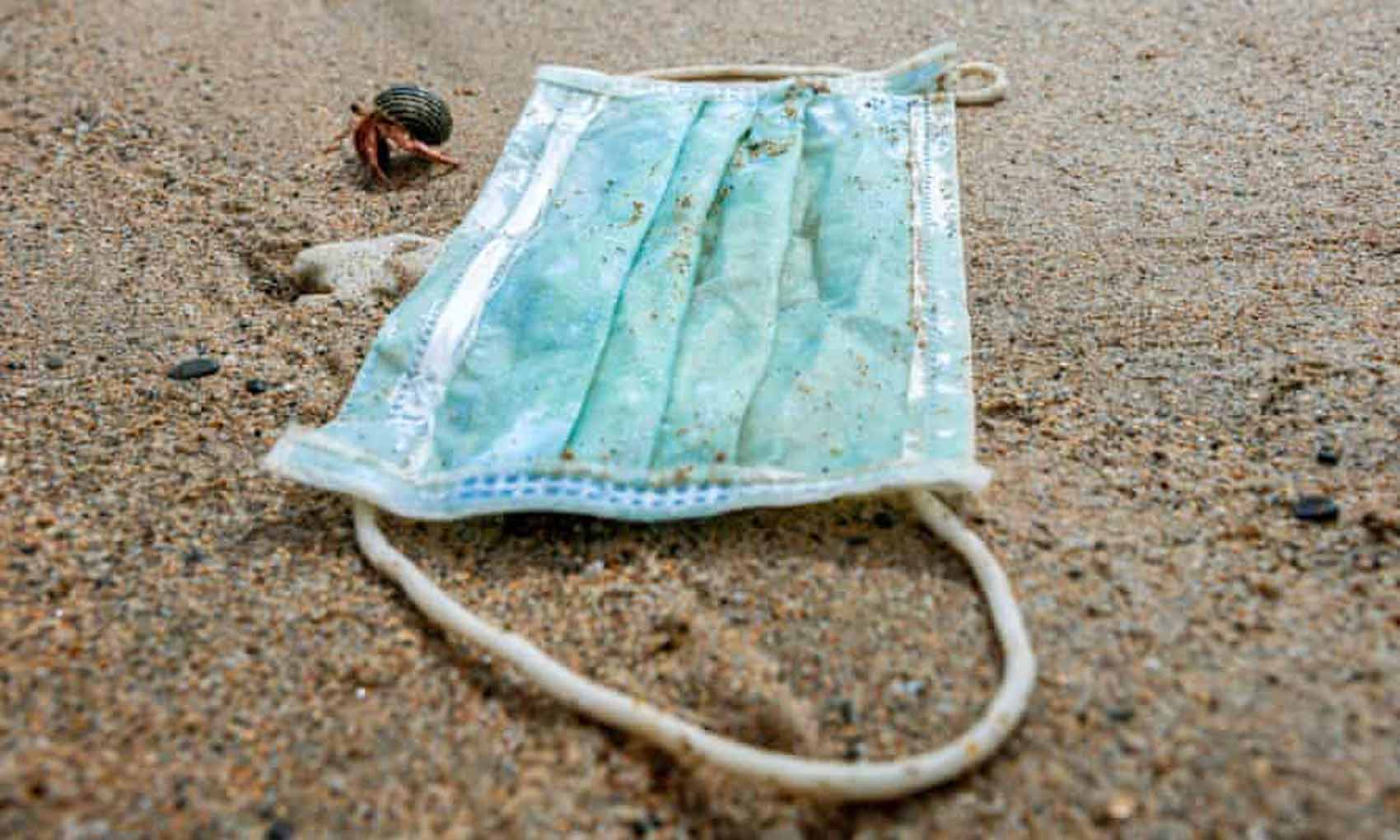
A hermit crab near a discarded face mask. The Kunming biodiversity summit was meant to take place in October last year but has been delayed twice due to the coronavirus pandemic. Photograph: Daniel Garcia Mendoza/Alamy
The world is running out of time to reach an ambitious deal to stem the destruction of the natural world, the co-chair of negotiations for a crucial UN wildlife summit has warned, amid fears of a third delay to the talks.
Negotiators are scheduled to meet in Kunming, China, in October for Cop15, the biggest biodiversity summit in a decade, to reach a hoped-for Paris-style agreement on preventing wildlife extinctions and the human-driven destruction of the planet’s ecosystems.
The summit was meant to take place in October last year but has been delayed twice due to the coronavirus pandemic.
Basile van Havre, a co-chair for the UN convention on biological diversity (CBD) negotiations, has raised the prospect of a third delay to the Kunming summit, which he fears would threaten the ambition of the biodiversity targets for this decade.
Van Havre said countries must meet in person for preparatory talks for at least two weeks if the biodiversity summit is to go ahead in China. He warned the talks were unlikely without a major push on vaccinations for delegates in developing countries and, given China’s restrictive travel policy, also called for another country to step up and host preparatory talks to help the process stick to the current schedule.
“In my view, the time has come to roll up our sleeves and put a practical plan on the table or face another delay. We need a proper plan,” Van Havre said. “If we need to delay by a few months, fine – everyone can understand that. But let’s give ourselves a full plan that enables us to meet the deadline and not wait for things to magically happen.
“If we’re not going to get together in the short term, we cannot have an ambitious agreement.”
Negotiators are approaching the end of gruelling virtual scientific and financial discussions for the agreement, which have been held six days a week for three hours. Timezone clashes have meant that some negotiators have been participating in talks in the early hours.
“I really feel for people that come from small island states in the Pacific where the negotiation is taking place at night. The lady representing Palau said she was negotiating at night and doing her job during the day, which is not what we had in mind,” Van Havre said, emphasising the importance of meeting in person.

Li Shuo, a policy adviser for Greenpeace China who has been following biodiversity negotiations closely, said it was clear decisions had to be made face to face, not online.
“The virtual talks are not flawless; they have helped advance the discussion. The problem is there is just so much work. They are only doing three hours a day – it is simply not enough time,” Li said.
“It is not likely that China will allow thousands of diplomats to come with the pandemic. What if someone tested positive on the second day of the Cop? A normal Cop15 in October that completes all its major tasks are difficult.”
Resource extraction, agricultural production and pollution are driving what some scientists believe is the sixth mass extinction of life on Earth, with 1 million species at risk of disappearing largely as the result of human activity. The world has never met a single UN target to prevent the destruction of nature.
-

Moldovan youth is more than ready to join the EU
2024-04-18 -
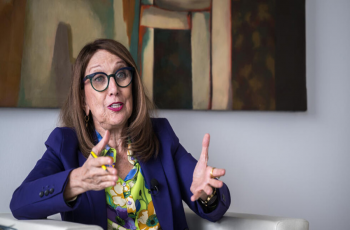
UN says solutions exist to rapidly ease debt burden of poor nations
2024-04-18 -
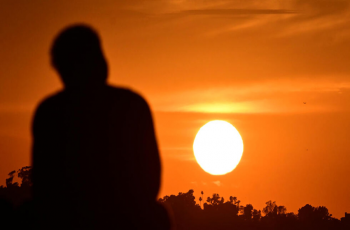
'Human-induced' climate change behind deadly Sahel heatwave: study
2024-04-18 -
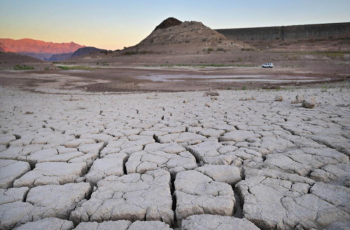
Climate impacts set to cut 2050 global GDP by nearly a fifth
2024-04-18 -

US sterilizations spiked after national right to abortion overturned: study
2024-04-13 -
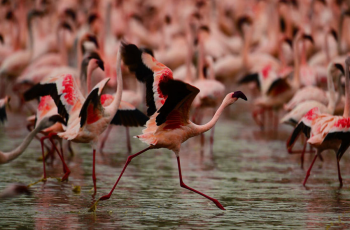
Future of Africa's flamingos threatened by rising lakes: study
2024-04-13 -
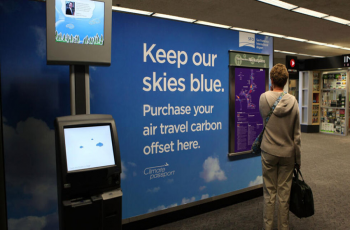
Corporate climate pledge weakened by carbon offsets move
2024-04-11 -
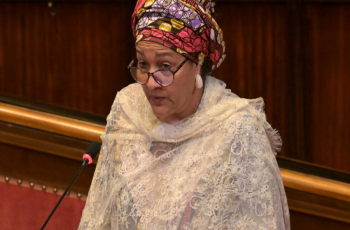
Humanity lost 'moral compass' on Gaza: top UN official
2024-04-10 -

No.1 Scheffler says patience and trust are secrets to success
2024-04-10 -
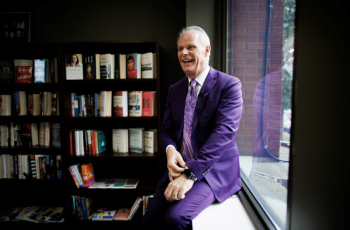
From homeless addict to city chief: the unusual journey of Canadian mayor
2024-04-10
